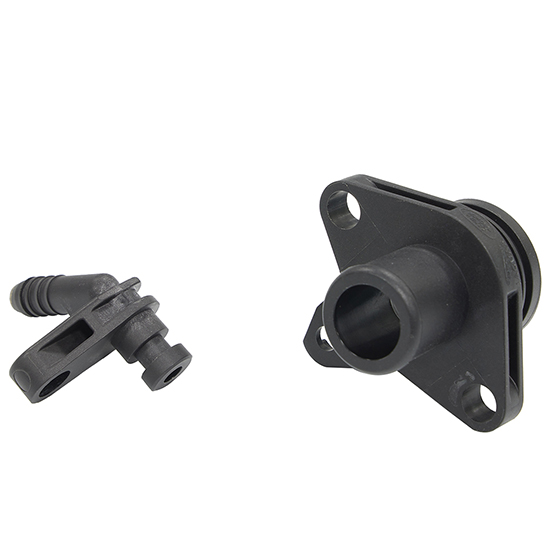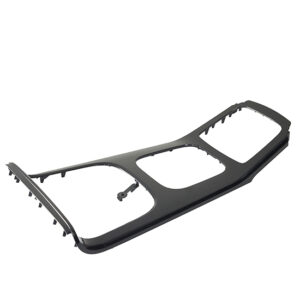소개
Plastic molding parts have become an integral component in countless industries, offering versatility, durability, and cost-effectiveness. These precision-engineered components are manufactured using advanced molding techniques, resulting in high-quality parts that meet the specific requirements of various applications.
What are Plastic Molding Parts?
Plastic molding parts are components produced through the process of plastic injection molding. This method involves injecting molten plastic material into a mold cavity, which is then cooled and solidified to form the desired shape. The resulting parts can range from small, intricate components to large, complex structures.
애플리케이션
Plastic molding parts find applications in numerous industries, including automotive, electronics, medical, consumer goods, and more. These versatile components can be found in products such as automotive interior parts, electronic enclosures, medical device components, household appliances, and packaging materials.
Advantages of Plastic Molding Parts
1. Design Flexibility: Plastic molding allows for intricate and complex part designs that are difficult or impossible to achieve with other manufacturing methods. This flexibility opens up new possibilities for product innovation and customization.
2. Cost-Effectiveness: Plastic molding parts offer a cost-effective solution compared to other manufacturing processes. The ability to mass-produce parts with high precision and repeatability reduces production costs and enables economies of scale.
3. 내구성: Plastic molding parts are known for their durability and resistance to wear, impact, and chemicals. This makes them suitable for applications that require long-term performance and reliability.
4. Wide Material Selection: Plastic molding parts can be produced using a wide range of materials, including thermoplastics, thermosetting plastics, and elastomers. This allows for the selection of materials with specific properties such as strength, flexibility, heat resistance, and more.
5. Fast Production Time: Plastic molding parts can be manufactured quickly, especially when compared to traditional manufacturing methods. This rapid production time enables faster time-to-market for products, giving businesses a competitive edge.
Quality Assurance
Ensuring the highest quality of plastic molding parts is of utmost importance. Reputable manufacturers employ stringent quality control measures throughout the production process. This includes using advanced molding machines, conducting regular inspections, and implementing quality management systems.
Additionally, manufacturers often have in-house testing facilities to verify the mechanical properties, dimensional accuracy, and overall performance of the parts. These quality assurance practices guarantee that the plastic molding parts meet or exceed industry standards and customer expectations.
Customization Options
Plastic molding parts can be customized to meet specific requirements. Manufacturers offer a range of customization options, including:
1. Material Selection: Choose from a wide variety of plastic materials with different properties to suit the application’s needs.
2. Color and Finish: Customize the appearance of the parts with a selection of colors and finishes, including matte, glossy, or textured surfaces.
3. Insert Molding: Incorporate additional components or inserts into the molding process to create integrated assemblies.
4. Overmolding: Apply a second layer of material onto the molded part to enhance functionality or aesthetics.
결론
Plastic molding parts play a crucial role in various industries, offering design flexibility, cost-effectiveness, durability, and fast production times. With a wide range of customization options and stringent quality assurance practices, these high-quality components are the go-to choice for manufacturers seeking reliable and efficient solutions. Whether it’s for automotive, electronics, medical, or consumer goods applications, plastic molding parts provide the necessary performance and versatility to meet the demands of modern manufacturing.




